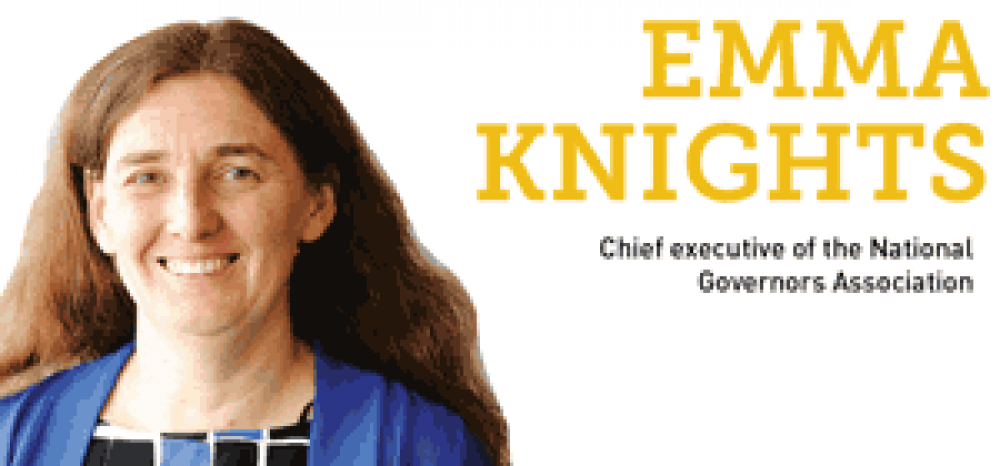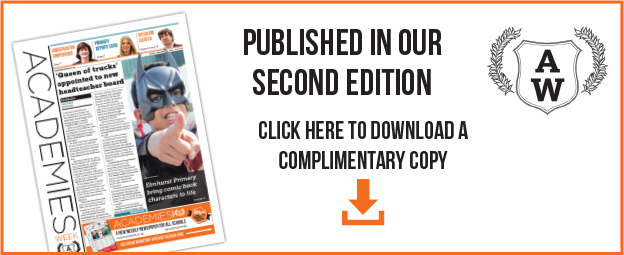Multi-academy trusts are on everybody’s lips, but don’t dismiss the federation option
In an era of increasing school autonomy and declining local authority capacity, the need for schools to work collaboratively is greater than ever. There are a variety of ways schools can do this, from loose partnerships to more formal arrangements involving shared governance and formal accountability.
In England, local authority-maintained schools have the option of becoming a federation, in which the separate schools’ governing bodies become a single governing board with responsibility for all the schools in the federation. This is different from a multi-academy trust (MAT) as it remains overseen by the local authority, rather than the regional schools commissioner.
However commentator after commentator neglects to consider this option, sometimes because it doesn’t suit their ideology to mention an alternative to MATs and other times out of sheer ignorance.
Federation is not merely a collaboration or partnership: it is in effect the equivalent of a MAT, one board accountable for the performance of those schools within it.
Federation is the equivalent of a MAT, one board accountable for the performance of those schools within it
Ofsted’s report Leadership of More Than One School identified that federation led to improved governance in weaker schools; improvements in teaching and learning, pupils’ behaviour and achievement; a broader and richer curriculum; schools pooling resources and expertise; and improved staffing.
The National Governors Association’s (NGA) Road to Federation research, published last December, reported on governors’ and headteachers’ experiences, and in every case, bar one, federation proved to be mutually beneficial. Failing schools had improved measurably, often moving out of special measures to ‘good’ or ‘outstanding’ within the space of a few years. Reported benefits for stronger schools include the ability to attract and retain better staff, more specialist skills, sharing good practice, economies of scale, and access to new funding.
Each federation in the study chose to employ an executive headteacher; leading a federation can attract ambitious leaders.
The report also warns of the common barriers, in particular initial opposition from stakeholders, namely parents and staff, which were overcome by good honest communication. There is no one route to, or set model for, federation – there are a vast range of combinations of school size, phase, type and location. Achieving a federation takes time, trust, common purpose and due diligence, and this can stretch both headteachers and governing boards who also have schools to run or oversee in the meantime. However, it is a less onerous process than forming a MAT from scratch.
Academy conversion has in some instances been reported to us as diverting school leaders from the immediate priorities of improving teaching, and the changes in financial and business management can place a strain on primary schools if done at the same time as the federation itself. A number of local authority-maintained federations have now become MATs; it can a stepping stone to academy status, whereas others may decide that as a federation they have all the benefits of a MAT.
NGA is not alone in encouraging federation. The National College for Teaching and Leadership (NCTL) this month published guidance for schools interested in becoming a federation. In the same week, chief inspector Sir Michael Wilshaw said that every school should be compelled to federate to speed up improvement, organised by either local authorities or the new regional commissioners. The all-party Commons education select committee agreed with the NGA that the £25,000 offered to primary schools as an incentive to create a MAT should also be offered for those federating.
It has been shown time and time again that governing a group of schools has benefits. Those truly interested in school improvement is primary schools need to concentrate on this message, rather than promoting one model. This is a decision for each governing board to take in the interests of their pupils in the full knowledge of the implications of each option.
Emma Knights is Chief Executive of the National Governors Association








Your thoughts